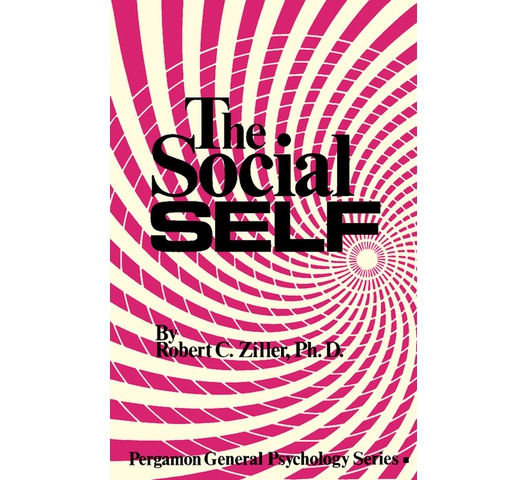
The Social Self
The Social Self is a multifaceted analysis of the self concept based on the social nature of the self. The emphasis is on self-esteem along with self-centrality, self-complexity, social interest, identification, power, marginality, openness, and majority identification. The book relies on an approach based upon non-verbal measures of the self concept and in which the individual is asked to locate himself in relation to a field of significant others, represented in a variety of geometric arrangements using symbols of the self and others. Comprised of nine chapters, this book begins with a description of some of the basic components of the self system including self-esteem, social interest, and marginality. The discussion moves toward more complex analyses including the alienation syndrome and the political personality involving two or more of the components of the social self. The next section focuses on the development of the self concept and examines such variables as socioeconomic background and the history of geographic mobility of the child. A theory of self-other orientation is also considered, along with a helical theory of personal change. This monograph is intended for students of social psychology, personality, sociology, and education who are interested in the self concept, its measurement, and theoretical considerations.
KES 10,916

International delivery
Free click & collect
| UPC | 9781483181585 |
|---|---|
| Author | Robert C. Ziller, Arnold P. Goldstein, Leonard Krasner |
| Pages | 226 |
| Language | English |
| Format | |
| Publisher | Elsevier Science |
| SKU | 9781483181585 |
None

